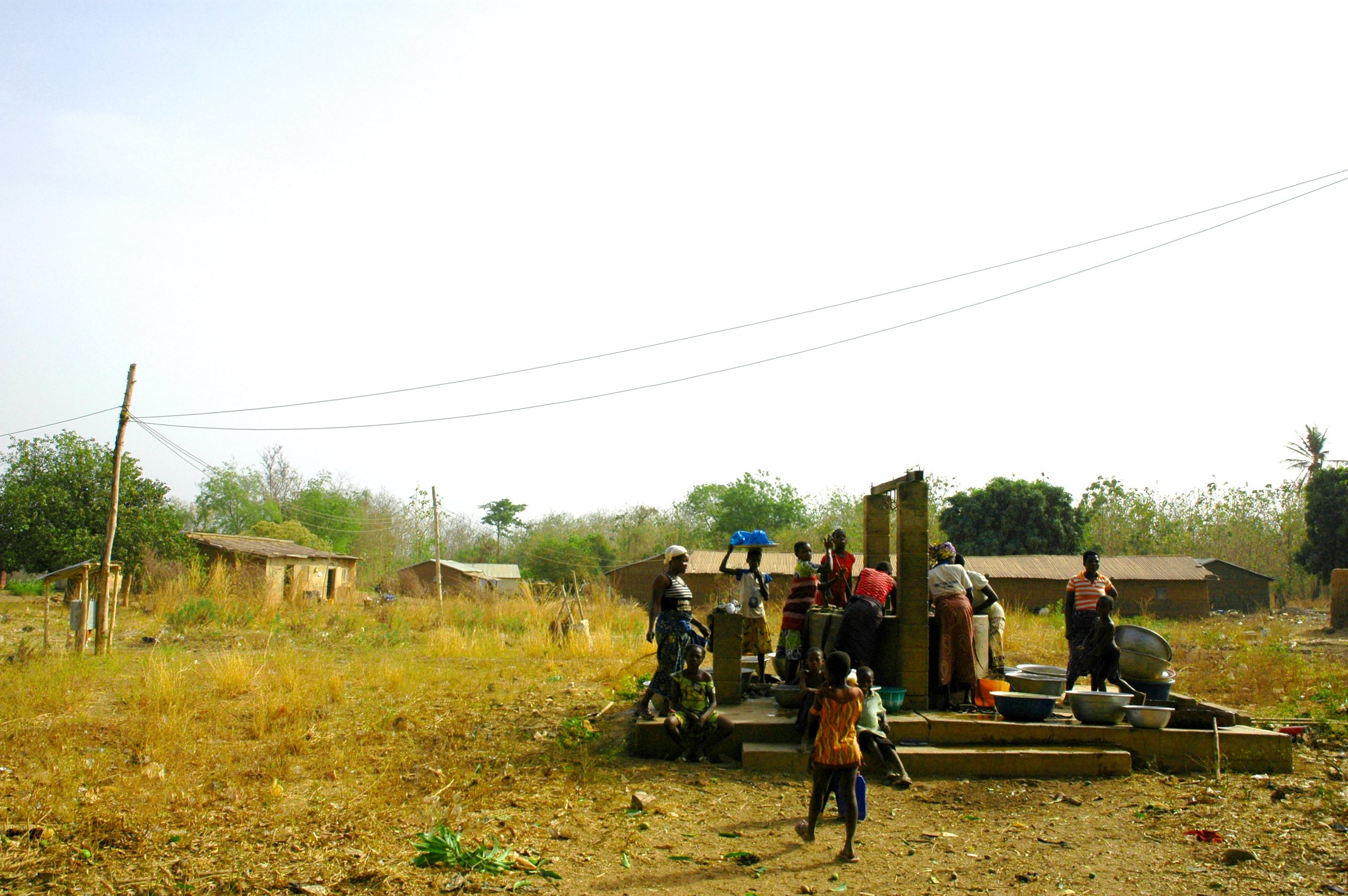Rural Electrification
We have worked with renowned partners to unlock dozens of projects that will provide electricity to thousands of people

ELECTRICITY IS THE KEY TO AFRICA'S DEVELOPMENT
For over 700 million people in the world, electricity can change everything
In Africa alone, 570 million people do not have electricity
That’s almost 1 in 2 people on the continent. The majority live in isolated rural areas and spend up to 30% of the family's income on coal, batteries, kerosene, candles and gasoline to access basic energy services. Not only are these archaic energy sources expensive and inefficient, but they contain products that are harmful to the environment and cause lasting health issues.
Access to electricity means improved living conditions, education, economic development and health - especially for women and children.
The power to change everything
-

LIVING CONDITIONS
Electricity dramatically improves the living conditions in rural households.
In Africa, the sun goes down very quickly. After 7, everything goes dark. In remote, off-grid villages, families eat in the dark and promptly go to sleep. It's not good staying up in the night anyways: you can't see snakes or scorpions coming.
-

EDUCATION
Access to electricity help kids perform at school.
Studying by a flashlight, candle or kerosene lantern is neither safe nor efficient. Access to better light has a huge impact on children’s performance at school. Moreover, it has been shown that access to information on TV is beneficial to the entire family.
-

HEALTH
Toxic fumes emitted by burning traditional fuels kill more than HIV and malaria combined.
Switching to clean electricity can save over 76,000 lives weekly. Furthermore, electricity allows rural clinics to operate efficiently even at night, and free women and children from chores like walking for kilometers to fetch water.
-

ECONOMIC DEVELOPMENT
Lack of electricity costs Africa 4% of its GDP annually.
On the field, this translates into entrepreneurs struggling to launch and grow businesses. Entire regions are trapped in poverty because they cannot access electricity.
Our vision
Building a minigrid for a rural community is never enough to trigger economic and social development. Making a minigrid work is not just about technology.
It takes a lot of work, expertise and creativity.
At the project development stage, Power:On’s role as an operations specialist is to work on the ground to identify the right communities for a minigrid, negotiate the permits and authorizations with the authorities, get the populations engaged and on board.
But the real challenge arises when the minigrids are operational.
We manage commercial operations and customer support, link with technical partners for maintenance, and most of all provide support to our clients (families, public services and entrepreneurs) to boost electricity demand.
Our strategy is built on 3 axes
-

EDUCATION
Unlimited, on-demand training and coaching, in group workshops and 1-on-1
-

CAPITAL
Partnerships with microfinance institutions to help rural entrepreneurs access capital
-

NETWORKS
Access to efficient tools & appliances and networking between entrepreneurs
If our clients win, we win too.
If you’d like to apply that kind of thinking and strategy to your projects, contact us!
Our rural electrification projects
-

Benin
It all started in Igbérè, where Power:On designed, financed, built and still operates Benin’s first private minigrid
-

Togo
Field study in villages in all of Togo for a consortium interested in a minigrid tender
-

Guinea
Field study in villages in all of Guinea for two consortiums preparing offers for a minigrid tender



